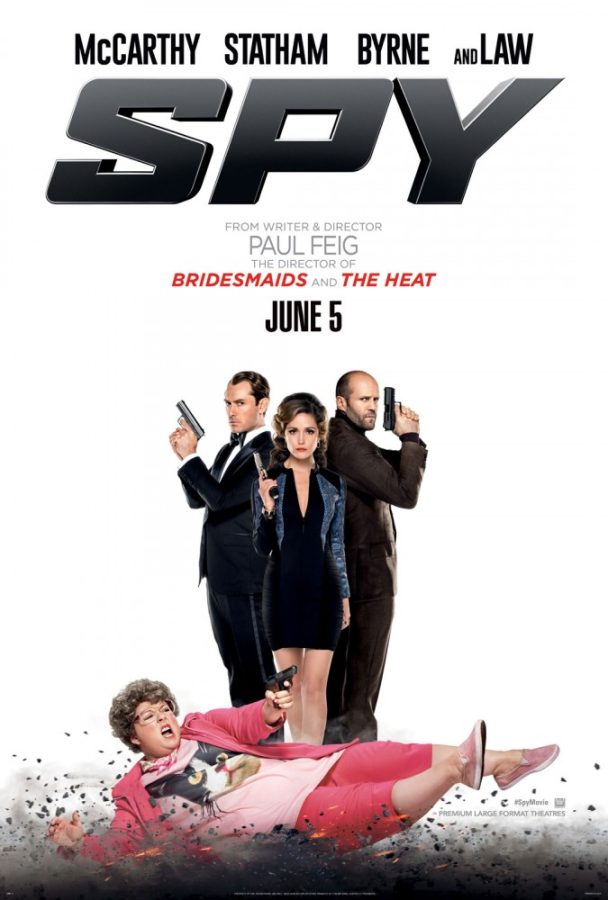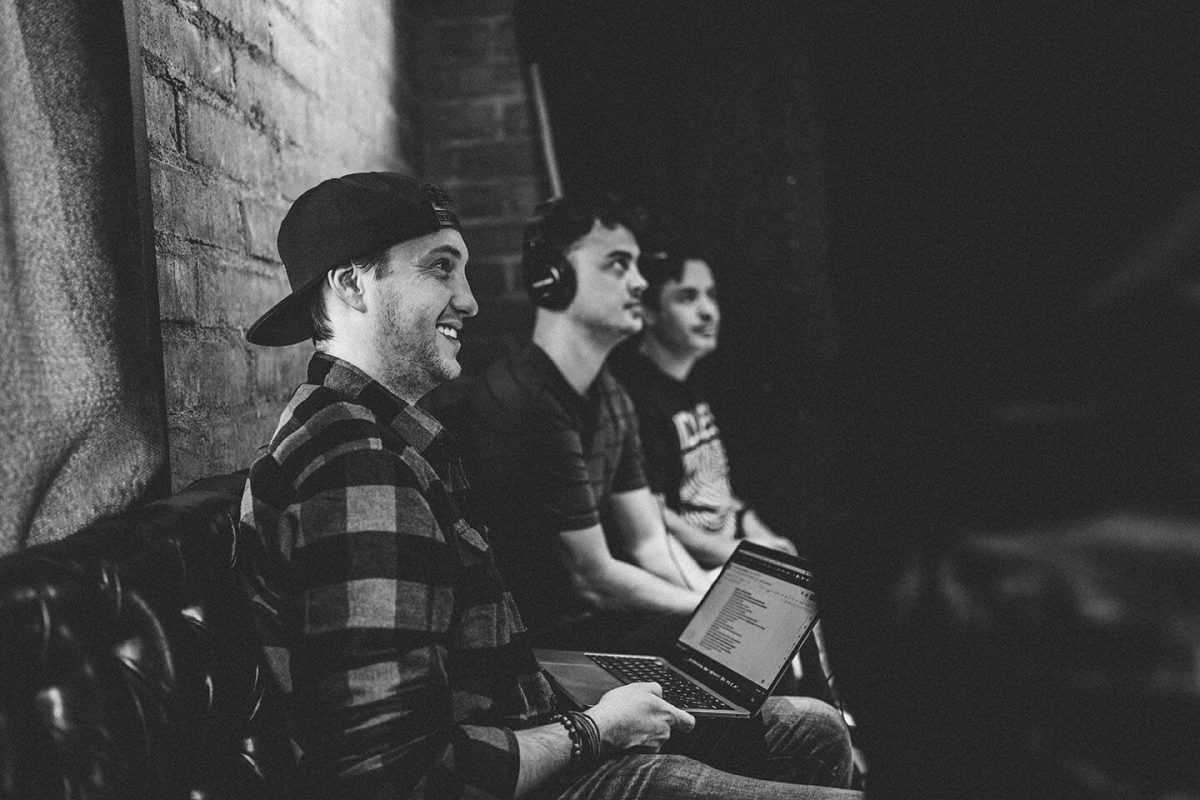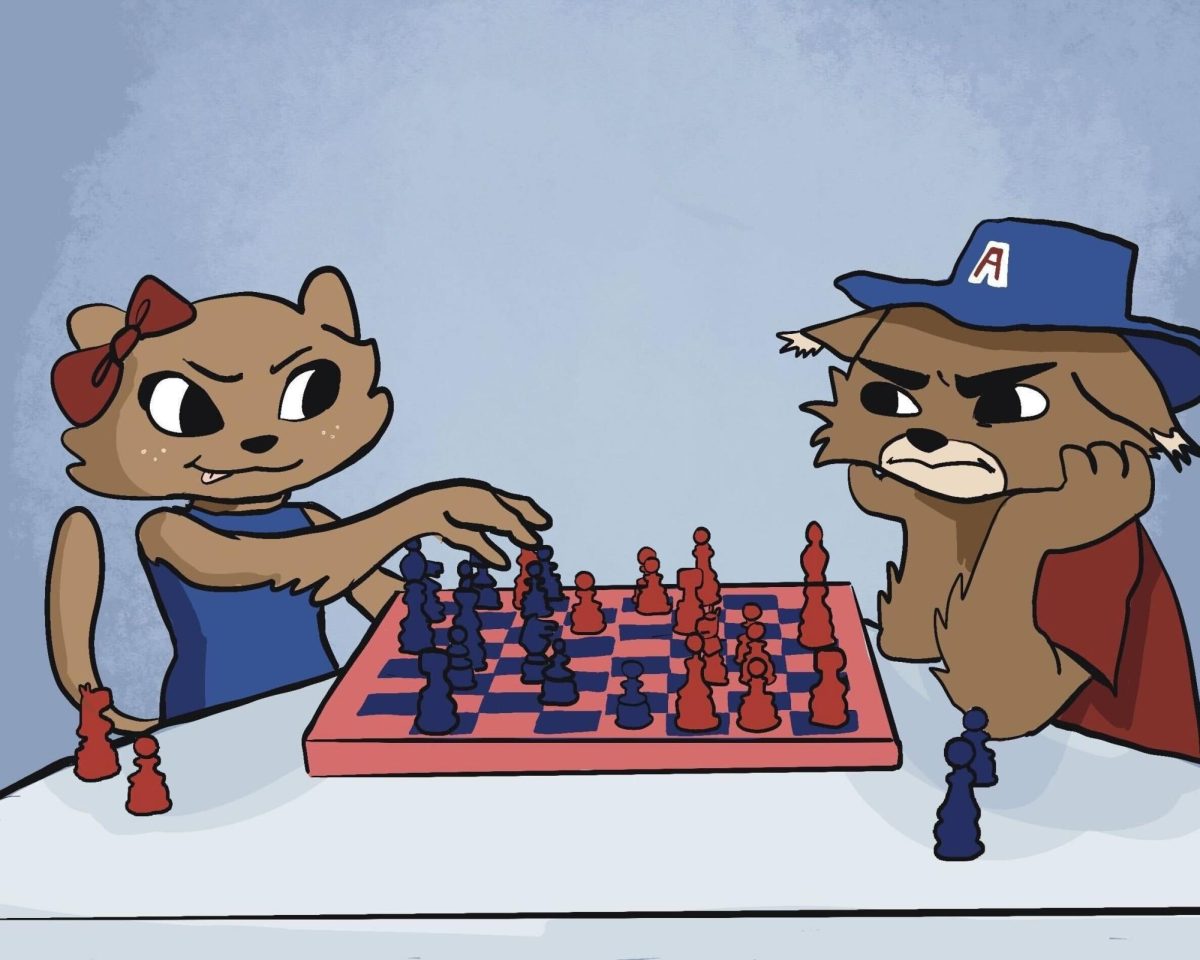Comedy is simple: does the movie make you laugh? “Spy” does, simple as that. If you’re in the mood for a good laugh, head down to the theater, grab some popcorn and enjoy two hours of gags and jokes.
“Spy” succeeds by adhering to an age-old maxim: it’s a numbers game. Jokes on jokes, on gags, on jokes. Rinse and repeat for two hours. It can be difficult to catch your breath between the rapid-fire comedic riffs powered by an A-List cast of Melissa McCarthy, Jude Law, Rose Byrne, Miranda Hart, Peter Serafinowicz and brilliant Jason Statham.
The nature of “Spy” lies within its dissonant scores on Rotten Tomatoes and Metacritic. The movie’s 95 percent on Rotten Tomatoes spikes the jealousy of Hollywood executives everywhere, as summer hits are born out of such high appeal. Metacritic hashes it out a respectable score of 75, leaving the film in the “good not great” range. Combining the two summarizes “Spy” quite well: a good but not great comedy that can appeal to anyone.
The same applies to McCarthy, star of “Spy” and the centerpiece of the awful marketing surrounding the film. The trailers do a disservice to McCarthy by setting up “Spy” to be a two-hour montage of McCarthy falling down while wearing various humiliating costumes. Unavoidable gags pop up here and there (if I never have to watch a slow motion shot of a character modeling their new and embarrassing wardrobe I will die a happy man), but McCarthy proves to be an evolving comedic force.
The character arc of “Spy” protagonist Susan Cooper mirrors McCarthy’s own career arc. Susan starts out as a mild-mannered CIA operative, providing behind-the-scenes support for spy superstars such as Bradley Fine (Jude Law). McCarthy encapsulates sympathy and relatability, as was the case with some of her previous work (“Gilmore Girls,” “St. Vincent”). Long overshadowed but competent, Susan receives her chance in the spotlight. Just like that, she becomes the super spy.
Susan the Super Spy acts as the meshing of McCarthy’s two most prevalent character archetypes: the clumsy (“Bridesmaids,” “Tammy”) and the raunchy wildcard (“The Heat”). Director Paul Feig gets the most out of McCarthy, and their working history (“Bridesmaids,” “The Heat”) proves this. McCarthy’s humor may not be for everyone; nonetheless, she carries the film from comedic checkpoint to checkpoint with a serenity and competency that rarely accompanies so many f-word-ridden insults. Just as Susan sheds any doubt to her spy skills being the real deal, so does McCarthy as a comedic force capable of headlining one of the best comedies of the year. Feig deserves credit for writing a part that lives up to McCarthy’s comedic potential.
The staccato of jokes in “Spy” comes fast-paced and unrelenting as a result of the intense chemistry between characters. Ancillary characters proved to be my favorite and often most hilarious. Jason Statham steals every scene as the overwhelmed, macho uber-agent Rick Ford; something I never believed I would say. Think of every Jason Statham action hero, multiply the ridiculousness by 10, and you’ve got secret agent Rick Ford.
There’s also the charming misogynist Aldo (Peter Serafinowicz), who never misses a chance to inappropriately hit on Susan. Who could miss Rose Byrne, playing the ever so cheesy Eastern European villainess Rayna Boyanov. The crew member in charge of maintaining Byrne’s ridiculous wig deserves a raise. Feig maintains an equal playing field for his cast, as all characters have the freedom to be the star of each scene and gag, and lead to a consistently humorous movie all the way through.
“Spy” will remain left out of the pantheon of great comedies, but halfway through the calendar year it holds the title of best mainstream comedy. It throws out enough jokes and gags to make most anyone laugh, and that’s all you could ever want in a comedy.
_______________
Follow Alex Furrier on Twitter.









